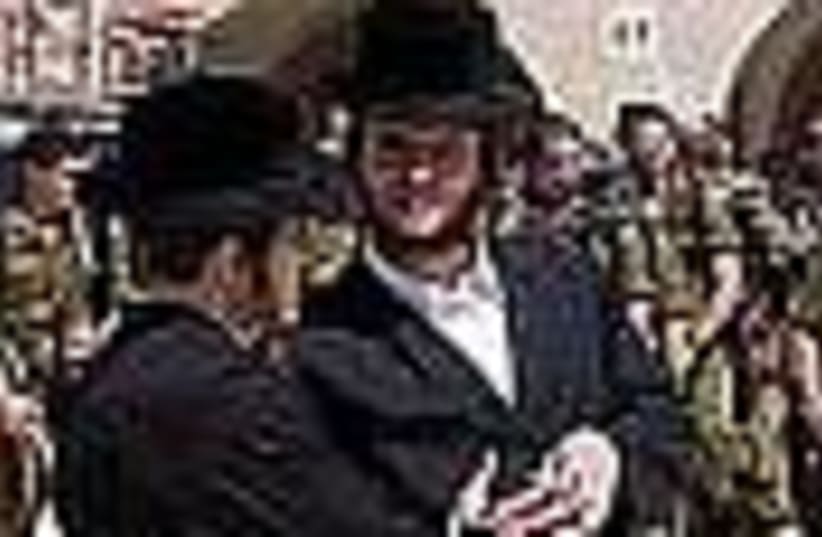| JPOST.COM HIT LIST | |
| JPost.com's most popular articles this past week |
Orthodox honor the nation's fallen
"We just want to express the nation's grief in our own way," says rabbi.


| JPOST.COM HIT LIST | |
| JPost.com's most popular articles this past week |